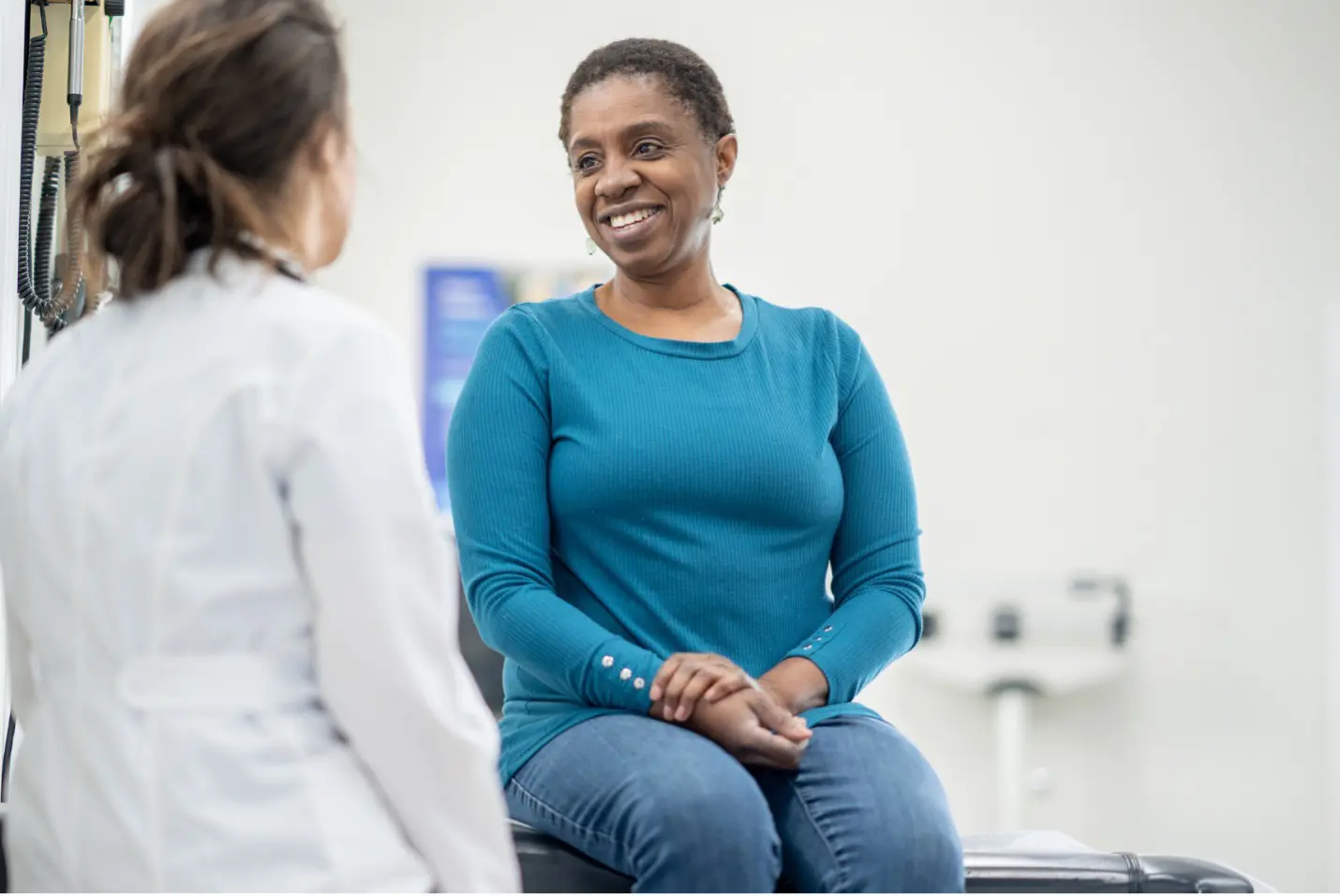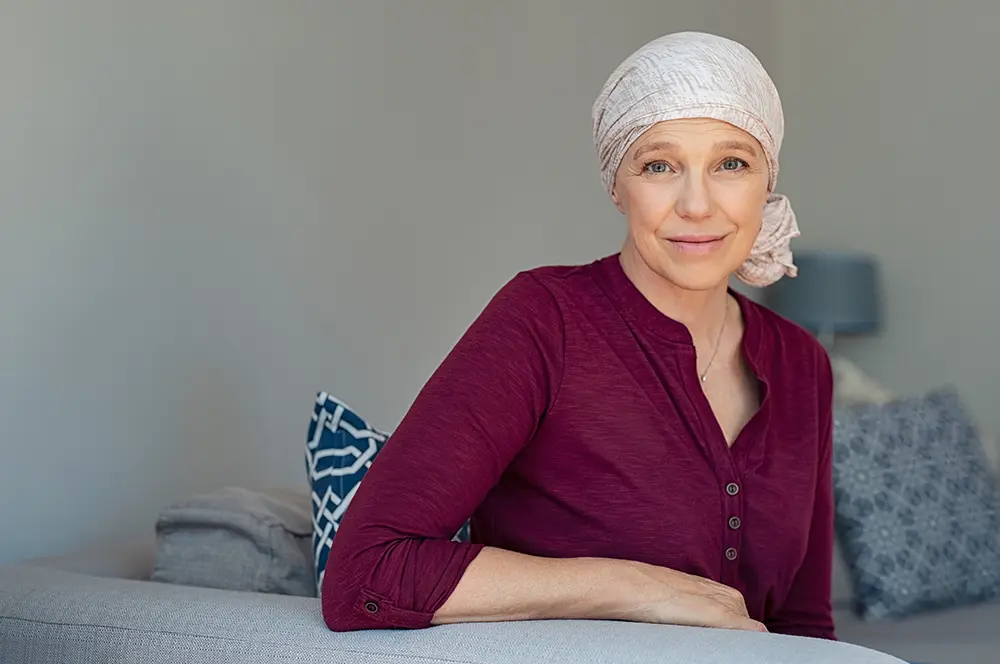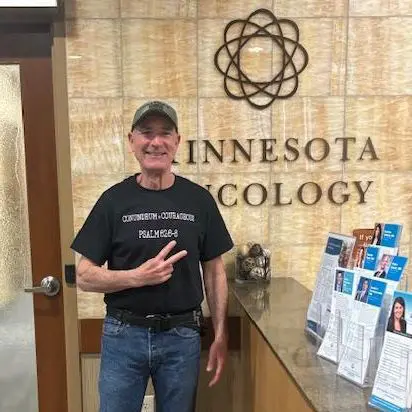by Eleanor Vasey
{image_1}In the shadow of majestic Mt. Kilimanjaro in the land of the Serengeti, a dedicated group of oncology physicians, educators and business leaders are working to build the first free-standing cancer center in Moshi, Tanzania, East Africa.
One might wonder why we should care about cancer care in faraway East Africa. However, it behooves us to remember that in the 21st century world of high-speed travel, the issue of healthcare and disease management in Tanzania and other developing regions of our shrinking global village can have a lasting worldwide impact. Of the 7 million cancer deaths worldwide each year, fully 70% occur in developing countries.
{image_2}Minnesota Oncology is proud to be major sponsor for this effort through corporate membership in the Foundation for Cancer Care in Tanzania, a Minnesota nonprofit established to help fund and to spread the word about this global health initiative.
On March 24 and 25, cancer care experts representing the Mayo Clinic, Minnesota Oncology, the University of California, the University of Chicago, and the University of Minnesota among others, convened in Moshi, Tanzania, on the campus of Kilimanjaro Christian Medical Center for the Greater Horn Oncology Symposium, focusing attention on the need for increased cancer care and discussing the elements of prevention, early diagnosis and treatment of cancer. An audience of 60 healthcare professionals from across the region was in attendance. Dr. Thomas P. Flynn, past president of Minnesota Oncology, spoke on the subject “Essential Elements of Medical Oncology Services,” reflecting on how to best provide medical oncology care with a limited number of available and affordable drugs.
{image_3}“Using a limited number of generic chemotherapy agents, we could have a major impact on the cancers that occur most commonly in this part of the world,” shared Dr. Flynn, “but we need facilities and trained personnel to make it work.”
Today, cancer care in East Africa is hampered by the cost of screening and early diagnosis, the lack of and high cost of radiation therapy, and low numbers of trained medical personnel. Diagnosis is delayed by inability to travel long distances for care, shame and the stigma of cancer that discourages many from seeking help. Fully 80% of cancer patients are diagnosed at very late stages when palliative care is the only option. Although basic healthcare is provided by the Ministry of Health, co-payment for a clinic visit can be $3 for a person earning an average of $1 per day.
{image_4}Tanzania, a nation of nearly 45 million people, currently has only one cancer treatment center – the Ocean Road Cancer Institute in Dar es Salaam— and access to cancer care is available to only 1% of the population.
Collaborative efforts by the Duke University Global Health Institute; Radiating Hope, Varian Medical Systems and the East Africa Medical Assistance Foundation (diagnostic radiology) have resulted in plans to build a comprehensive cancer center in Northern Tanzania. They envision an outpatient clinic with exam rooms and chemotherapy infusion bays, two vaults with equipment for delivery of radiation therapy, a brachytherapy unit, PACS system, MRI, treatment planning computers and CT diagnostic scanning capability. Long-term plans include medical training to develop a greater number of indigenous physicians, radiation therapists and nurses to maintain permanent, established and effective cancer care in this region.
Mark Jacobson, MD, MPH, director for the Foundation for Cancer Care in Tanzania, eloquently sums up the urgent need for cancer care in East Africa: “Cancer is the huge new epidemic facing Africa. Better control of acute infections and immunizations has led to an aging population at risk for cancer. Lifestyle has changed leading to obesity and lack of physical activity. Thirty-three percent of cancers in Africa are associated with underlying infections with many HIV-related cancers, HPV-related cervical cancer, and hepatitis viruses giving rise to hepatic cancer. The epidemiology of the continent has changed dramatically in the last decade.”
{image_5}Building this cancer center is an enormous task. Fundraising efforts are ongoing in several areas. The radiation oncologists of Radiating Hope, a volunteer operated nonprofit that combines a love of mountaineering with fundraising zeal, recruits sponsors for climbs of Mt. Kilimanjaro and sales of colorful prayer flags that are carried to the summit and then returned to the donors. Day-to-day operating costs for this project depend on individual and group partner memberships. For more information on this important global healthcare enterprise or to be part of the effort with a monetary donation, please visit the Tanzania Cancer Care website.



